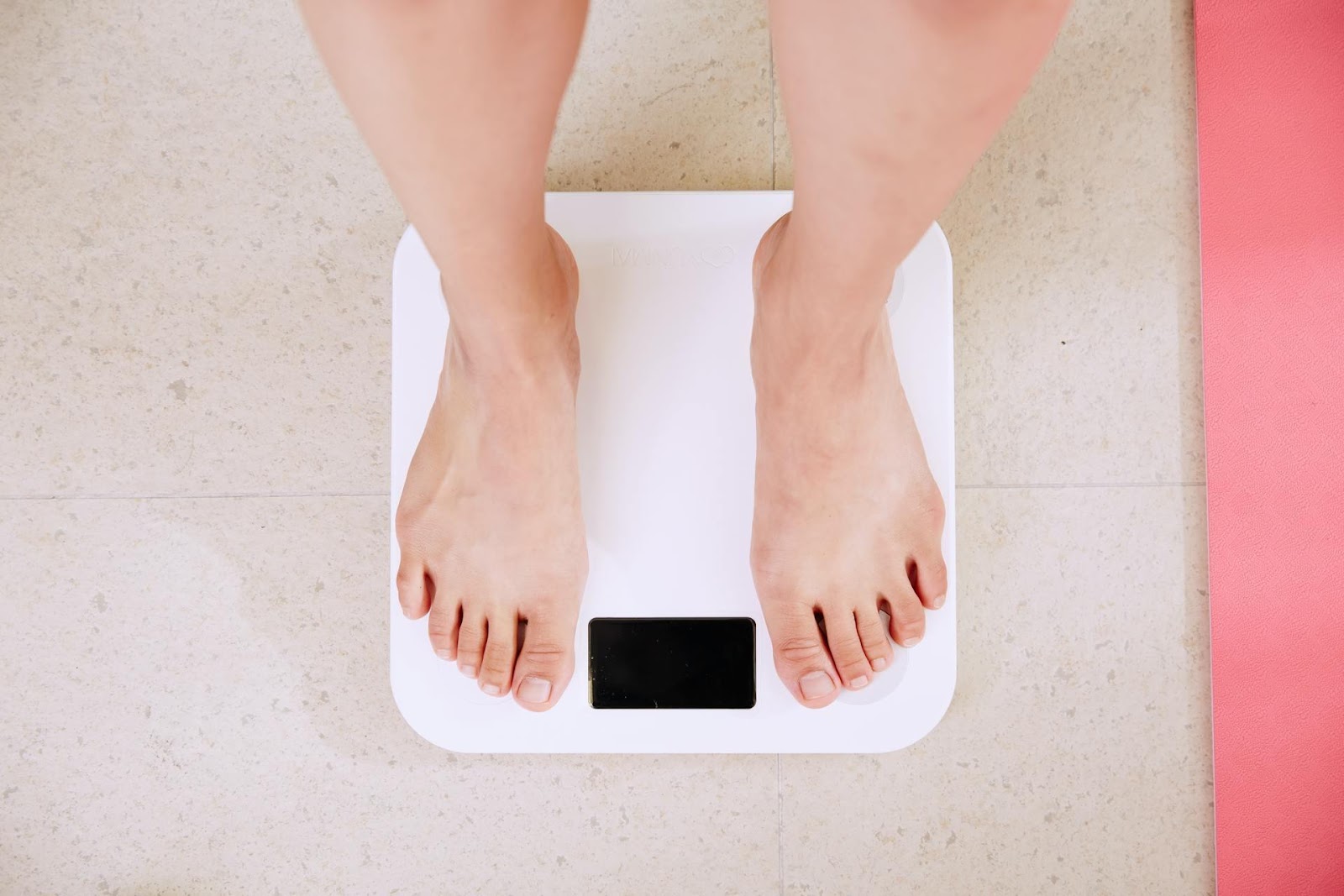Obesity Treatment Strategies With Remote Patient Monitoring
A Body Mass Index (BMI) of 30 or higher indicates obesity. Obesity is a widespread, serious, and costly health condition for many people, affecting approximately 42% of the U.S. population. Thankfully, remote patient monitoring (RPM) is an effective tool to help patients with obesity manage their weight better.

How Does Obesity Effect Patients?
As the number of people who suffer from obesity increases, the cost of medically linked treatments is also rising significantly. In 2019, the CDC estimated yearly obesity medical costs were around $173 billion. Obesity may also lead to other potentially fatal conditions, including:
- Heart disease
- Type 2 Diabetes
- Breast cancer
- Bowel cancer
- Pancreatic cancer
- Colon cancer
There are many options to manage obesity, from surgery to behavioral modifications. Telehealth is an innovative solution that can be of great benefit to people with obesity. Telehealth technology uses home health monitoring devices to store and send valuable data to physicians.
Care providers and patients can utilize the remote healthcare monitoring system to enable a much better patient and provider relationship. With constant monitoring reported to the provider from the patient, you can stay on top of patient health between doctor visits. Some advanced remote patient monitoring systems are ideal for controlling obesity. Let’s look at some of the ways RPM helps treat obesity.
Pull Data From Fitness Trackers
You can integrate many wearable health monitoring devices directly into the remote patient monitoring system. This way, you can observe and analyze patients’ weight gain and loss. Noninvasive biosensors track and monitor personal data and send it in real-time to providers.
For example, you can analyze heart rate and movements to determine how many steps a patient would need to take to burn off a set number of calories or how often they should engage in physical exercise to ensure they lose weight safely.
This kind of monitoring enables patient safety. Obese patients can overexert themselves, raising blood pressure or developing a dangerously elevated heart rate.
Additionally, remote patient monitoring might provide the patient with a greater sense of control over their health, making weight loss success more likely.
Pull Data From Smart Scales
One of the first basic requirements for anyone who’s trying to lose weight is a scale. Among the RPM devices that assist in weight management is a smart scale that measures not only weight but also BMI, body fat, lean mass, and other vital data.
When patients weigh themselves, the data is quickly transmitted to care providers so you can track trends and data in real-time. You can monitor weight and health close enough to intervene quickly if necessary.
Furthermore, weigh-ins are beneficial for the patient. Regular self-monitoring is a significant predictor of weight loss.
Track Co-Morbidities
People with obesity are often at risk of other chronic health issues. For example, diabetes and hypertension are two common co-occurring health issues with obesity.
Patients with diabetes can use smart glucometers to check their blood glucose levels at home. The data will smoothly sync with the remote healthcare monitoring system and reach providers in real-time.
Patients also benefit from regularly checking blood glucose levels. Monitoring weight and glucose levels can lead to better eating habits.
If exercise is part of a weight-loss plan, a blood pressure monitor is an excellent way to ensure patients don’t overdo it. Patients with hypertension can easily monitor their blood pressure and heart rate and sync data with the system.
Remote Patient Monitoring Solutions for Your Practice
Remote patient monitoring solutions help providers track trends in patient health data by monitoring the data relevant to weight loss goals. Health monitoring devices help keep the provider and patient connected so that the provider can adjust weight loss plans if things go off track.
Weight loss is more successful with helpful coaching support. A study on obese patients found that 9 out of 13 participants in a telehealth video conference with health coaching support had substantial weight loss, a significant difference compared to those in the control group. Remote health monitoring connects patients with providers so they can offer support and coaching to enable better outcomes for patients with obesity.
With all this real-time data available, you can stretch out the time between in-office visits while better understanding each patient’s health. All monitoring is reimbursable through insurance with billing codes.
If you have patients who are concerned about their weight and wish to enhance their clinical outcomes, reach out to CoachCare today to learn more about our remote health monitoring system.